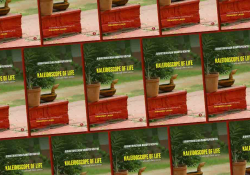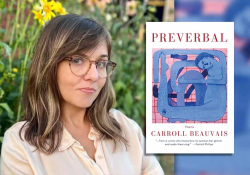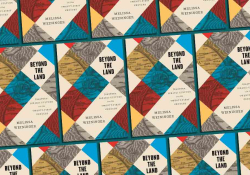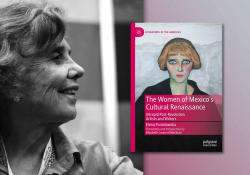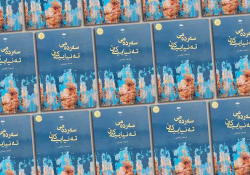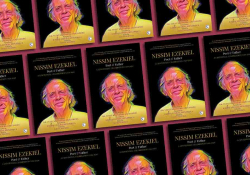A New Paradigm: Youth Climate Activists on the Front Lines of Change

 “Our world is not falling apart, we’re at a turning point. An old paradigm is dying, and a new world is being born.” This hopeful message is conveyed by millennial Joshua Gorman from California, when all we hear these days is that the world is dying and there is a steady decrease in the impact our reforms will have on the environment—that we have gone past a breaking point and there is little we can do to stop drastic changes to our earth. This view is challenged by people all around the world who believe that we can still fight for climate justice and enact positive change. Joshua is a leader in the world of climate activism, among many others from around the world. The voices of these green changemakers are highlighted in the book Stone Soup for a Sustainable World: Life-Changing Stories of Young Heroes, by Marianne Larned (Stone Soup Institute, 2021). These young activists have all challenged the world to start caring for our earth and to advocate for change implemented by everyday people like you and me.
“Our world is not falling apart, we’re at a turning point. An old paradigm is dying, and a new world is being born.” This hopeful message is conveyed by millennial Joshua Gorman from California, when all we hear these days is that the world is dying and there is a steady decrease in the impact our reforms will have on the environment—that we have gone past a breaking point and there is little we can do to stop drastic changes to our earth. This view is challenged by people all around the world who believe that we can still fight for climate justice and enact positive change. Joshua is a leader in the world of climate activism, among many others from around the world. The voices of these green changemakers are highlighted in the book Stone Soup for a Sustainable World: Life-Changing Stories of Young Heroes, by Marianne Larned (Stone Soup Institute, 2021). These young activists have all challenged the world to start caring for our earth and to advocate for change implemented by everyday people like you and me.
Many conversations are circulating around how people in positions of power and leadership are the only ones who can truly encourage and kickstart the world toward a greener existence. However, the stories in Stone Soup offer a refreshing perspective that highlights the importance of civilians and the impact of their day-to-day choices. Those who live in developed countries like the US, UK, and China are often unaware of the significance of their overconsumption of plastic and other harmful materials. We take for granted the materials at our disposal and the way they impact the rest of the world, especially in developing countries riddled with poverty.
The problem of climate change impacts not only the environment but those who contributed the least and stems from other problems like racial injustice and social hierarchies. One of the featured leaders in Stone Soup, Arun Gandhi from South Africa, fifth grandson of the great Mahatma Gandhi, comments on how we can be unaware of the impact of our choices. “We don’t think about passive violence when we are young. There are many things we do that we just don’t think of as being violent. Anything we do that hurts somebody or something, directly or indirectly, is violence. Hoarding resources. Overconsumption, when so many are going hungry. And of course, the way we treat the natural world around us; the environment.”
The problem of climate change impacts not only the environment but those who contributed the least and stems from other problems like racial injustice and social hierarchies.
In order to combat climate change, the powerful young voices in this book emphasize the things that we can do. For example, according to Elliot Connor from Australia, one of the small ways we can make a difference is by “reframing our relationship with nature.” He believes that “if we can reevaluate what it means to be human, then that is the ideal way to be able to live alongside animals.” This is an important foundation for helping the environment because if we don’t respect the earth we inhabit and its creatures, there can be little progress toward mitigating climate change.
Another important way we can effect change is to really take the time to educate ourselves and those around us. According to twenty-seven-year-old Adenike Oladosu from Nigeria, “many youths have yet to pay attention to these issues that will define our future,” and “education is the most powerful weapon we can use to combat climate change.” Adenike uses her platform to educate the children of today on what is at stake.
In the end, twenty-four-year-old Mitzi Jonelle Tan from the Philippines sums up the way we should all view our fight for climate change: “Advocating for the environment doesn’t come out of a place of anger but of love.” Love for mother nature, love for people suffering, love for our children and their children.
Norman, Oklahoma



